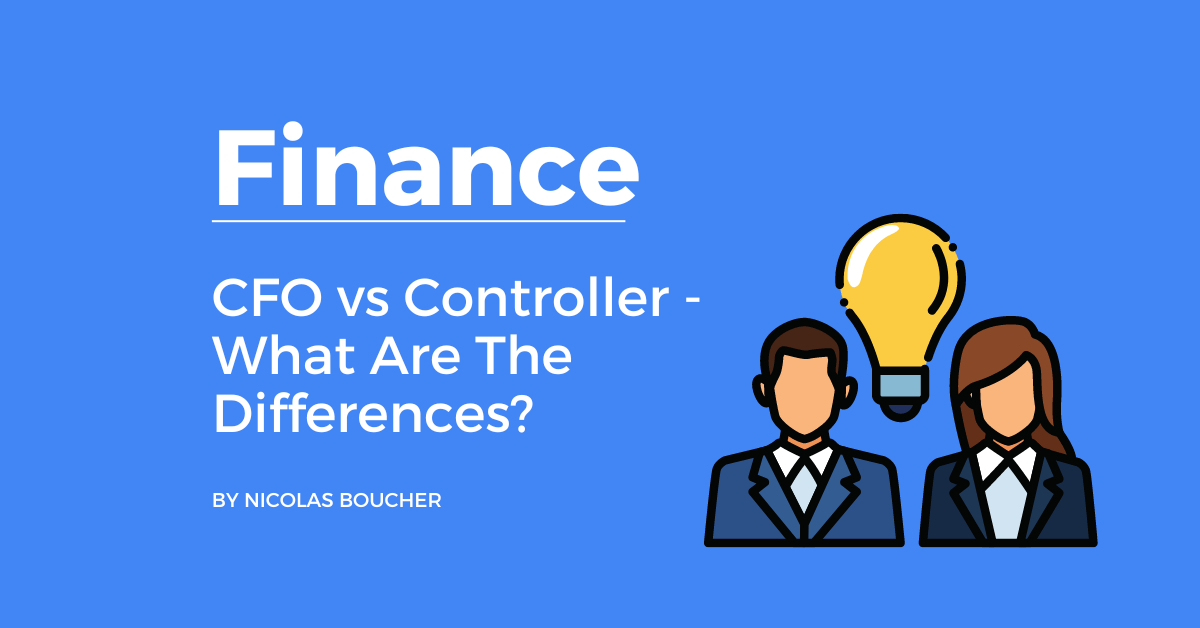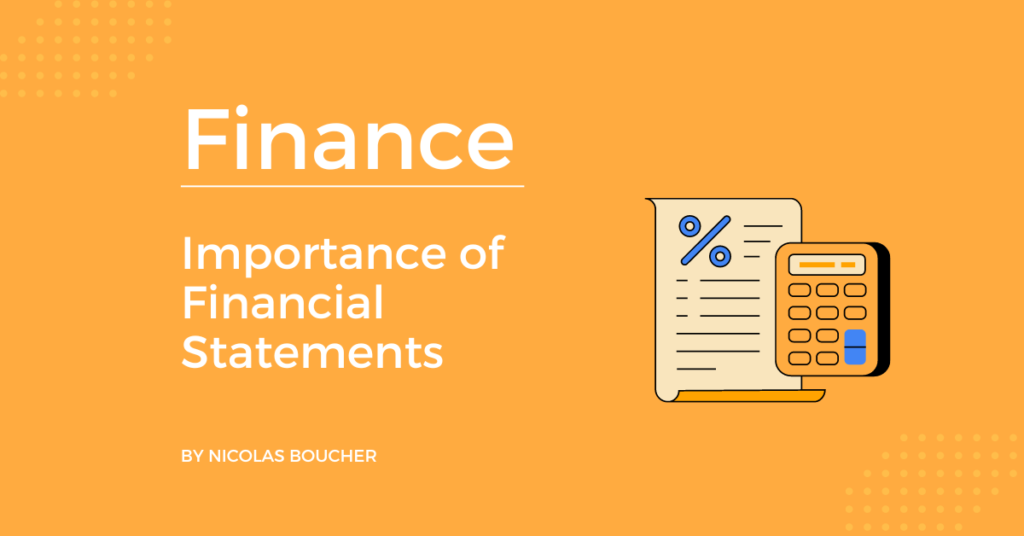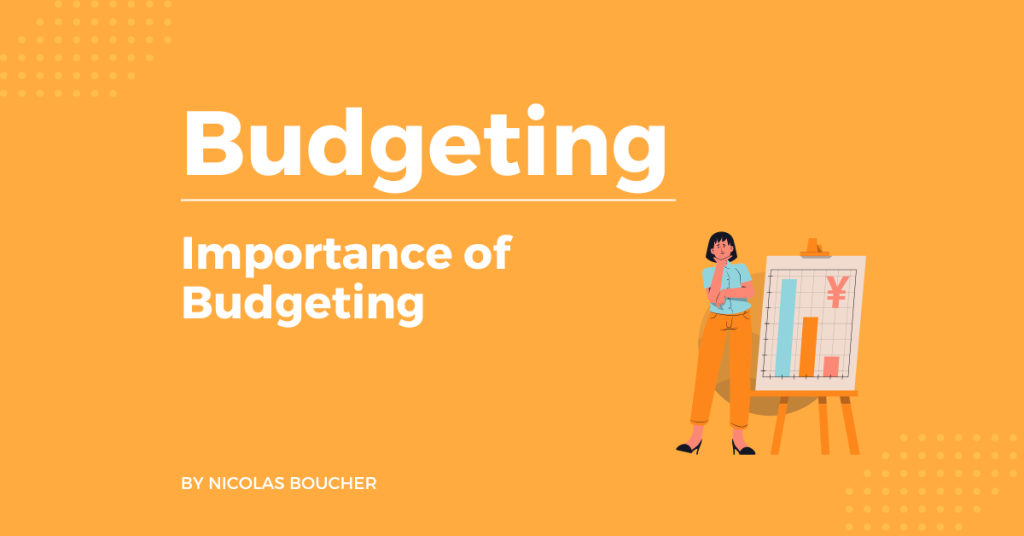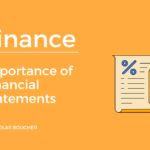The best way to compare CFO vs controller is to understand their differences.
The chief financial officer (CFO) and controller collaborate closely in a business. On the other hand, they play quite different roles, though.
The chief financial officer (CFO) takes the aerial perspective from above the forest, while the financial controller is traveling through the woods to go from point A to point B. This is the simplest way to think about the distinctions between the jobs of the CFO and the financial controller.
Table of Contents
The Main Differences of CFO vs Controller
Here are the key distinctions between a CFO and a controller.
Hierarchy of the Organization/Finance Team
The organizational hierarchy of a corporation places a CFO and a controller at various levels (or on its org chart).
Therefore, together with the CEO, COO, and any other executives who work in the c-suite, the CFO is an executive.
On the contrary hand, a controller is the head of a department in middle management.
Moreover, the controller is normally in charge of overseeing the accounting and finance division. While the CFO is in charge of overseeing the overall financial health of the business.
Necessary Skills
Both a controller and a CFO need different skill sets, yet they complement one another.
If both positions are present in a firm, they should cooperate to strengthen and support one another as they advance the business.
CFOs Skill Set
The strategic vision that guides a company’s expansion is developed by CFOs. They provide direction for the finance staff and influence the culture of the division.
Moreover, to create their suggestions and action plans for the future, they constantly monitor the horizon for prospective risks and possibilities
Many CFOs will also have accounting degrees and years of experience. CFOs need a deeper grasp of finance than is necessary for the controller role.
Finally, they place a lot more emphasis on capital markets, investment, and financial planning than they do on the regular accounting work required to keep their business running effectively.
Controller Skill Set
Ensuring ledgers are precise and systems are operating effectively takes up the majority of a controller’s time in the field. However, their area of responsibility is less than a CFO’s, despite the fact that they are in charge of some administrative tasks for the accounting staff.
As they are professionals in accounting, controllers must uphold compliance with all current Generally Accepted Accounting Principles (GAAP) and tax laws. In addition, this is a technical position that calls for awareness, focus, and accuracy.
In order to reduce the likelihood of accounting mistakes, irregularities, and fraud, financial controllers establish, monitor, and execute internal controls. Moreover, they provide reports that demonstrate the effectiveness of the controls, which the CFO uses to support forecasting and planning.
Objectives, Purpose, and Scope of the Job of CFO and Controller
A CFO’s and a controller’s jobs have quite distinct purposes, scopes, and objectives in addition to being at different management levels.
Of course, the two must cooperate inside the organization to achieve the same objectives. But in order to do so, their respective duties and functions must be fulfilled.
The CFO’s job is essentially future-focused. Therefore, the CFO uses their expertise in finance to advise stakeholders, foster growth, and foresee the company’s future. They must be able to recognize financial hazards and put strategies in place to protect the business from them.
Furthermore, the CFO’s leadership assists the CEO in making choices based on financial facts by leveraging their insights and financial know-how to understand the story or meaning behind the business’s numbers.
As the controller is in charge of developing, implementing, and supervising the functional rules and processes that gather, record, and report financial data, their job is more hands-on.
So, a controller is essential to a CFO’s ability to function.
The controller also maintains strong back office practices that uphold regulatory compliance, safeguard the business against fraud, and enhance the timeliness and accuracy of the business’s financial reporting.
Do I Require A Controller or A CFO?
Consider a controller if you:
- You need oversight and verification of your bookkeepers and accountants
- Require someone to supervise the closing of each financial month
- Make sure financial reports are correct
- You aim to have more stringent procedures to prevent errors, fraud, and security lapses
- You are ready to relinquish your accounting involvement
- Need during tax season someone to help the CPA
Consider hiring a CFO if you:
- Search for an executive to work with the company strategy
- Need assistance handling cash flow issues
- Are uncertain about the best financial plan for your business
- You require higher-level reporting and analysis to inform business choices.
- Are Looking for assistance with a turnaround or staff reduction plan
- Would like to strengthen connections with lenders and investors
- Need help with loan or equity activities
Can A Business Have Both A CFO and A Controller?
Absolutely! The most prosperous companies have a CFO and a controller on staff, and most of the bigger companies do have both.
The issue is that many small and medium-sized enterprises simply do not have the financial means to bear the expense of employing skilled candidates to fill these high-paying roles.
However, failing to oversee a company’s financial operations or financial strategy, much less even both, can lead to significant cash flow issues, money being wasted, operational inefficiency, inaccurate data, reporting problems, a lack of concise direction, and a host of other issues that can cause the business to face unneeded challenges.
The Bottom Line – CFO vs Controller
You can acknowledge that, at least when your business is still young, it’s simple to see how one individual might perform both duties concurrently. The distinction of CFO vs controller appears insignificant at first because of how much their tasks and responsibilities overlap.
Yet when the company expands, both of these soon become necessary.
A CFO is a priceless investment if you require a point person for financial strategy and a face for fundraising or investment. A controller who can guarantee accurate financial reporting that serves as the cornerstone for future planning and growth is as crucial, if not initially more so.
Finally, if you have a goal to become an FP&A leader, controller, or CFO expert you can take my course and gain an advantage over others.











